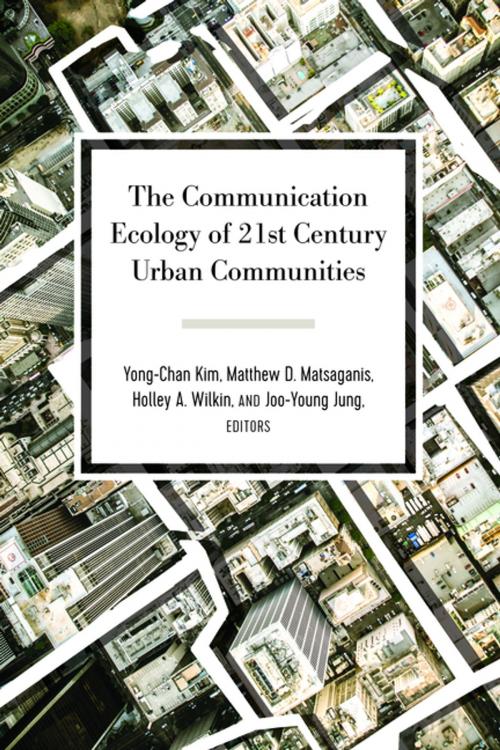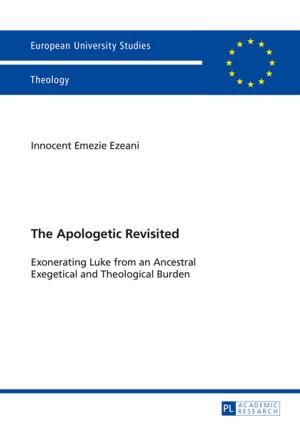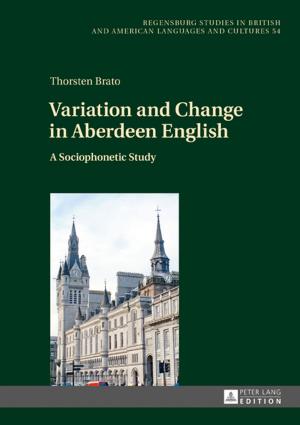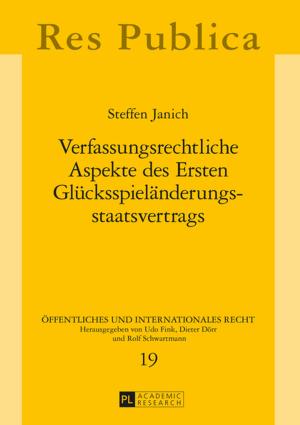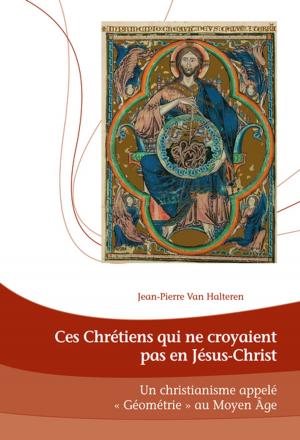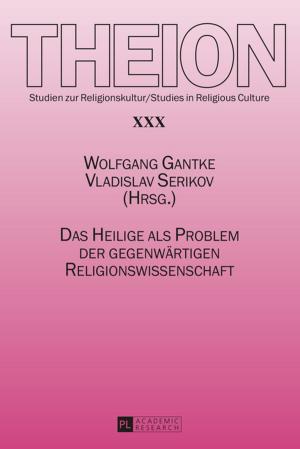The Communication Ecology of 21st Century Urban Communities
Nonfiction, Social & Cultural Studies, Social Science, Cultural Studies, Ethnic Studies, Anthropology| Author: | ISBN: | 9781433146619 | |
| Publisher: | Peter Lang | Publication: | July 18, 2018 |
| Imprint: | Peter Lang Inc., International Academic Publishers | Language: | English |
| Author: | |
| ISBN: | 9781433146619 |
| Publisher: | Peter Lang |
| Publication: | July 18, 2018 |
| Imprint: | Peter Lang Inc., International Academic Publishers |
| Language: | English |
The Communication Ecology of 21st Century Urban Communities addresses the questions of whether it (still) matters what neighborhood individuals live in and if it is still necessary and possible for city dwellers to build and maintain place-based communities.
The book’s contributors address how urban communities are formed, reformed, and transformed from a communication infrastructure theory perspective. Through the lens of this theory, communication is defined as a fundamental social process by which cities are sustained and changed over time. The chapters in this book elaborate the theoretical and methodological frameworks of the communication infrastructure theory approach; articulate theory-driven and multi-method frameworks for the study of the city; and speak to pressing, contemporary, research- and policy-related challenges (or questions).
The broad array of issues addressed within this volume is expected to draw the interest not only of communication researchers and professionals, but also of students, scholars, practitioners, and policymakers from a variety of backgrounds and with an interest in different aspects of life in the city, including: public health, technology, civic engagement, and urban planning and design.
The Communication Ecology of 21st Century Urban Communities addresses the questions of whether it (still) matters what neighborhood individuals live in and if it is still necessary and possible for city dwellers to build and maintain place-based communities.
The book’s contributors address how urban communities are formed, reformed, and transformed from a communication infrastructure theory perspective. Through the lens of this theory, communication is defined as a fundamental social process by which cities are sustained and changed over time. The chapters in this book elaborate the theoretical and methodological frameworks of the communication infrastructure theory approach; articulate theory-driven and multi-method frameworks for the study of the city; and speak to pressing, contemporary, research- and policy-related challenges (or questions).
The broad array of issues addressed within this volume is expected to draw the interest not only of communication researchers and professionals, but also of students, scholars, practitioners, and policymakers from a variety of backgrounds and with an interest in different aspects of life in the city, including: public health, technology, civic engagement, and urban planning and design.
